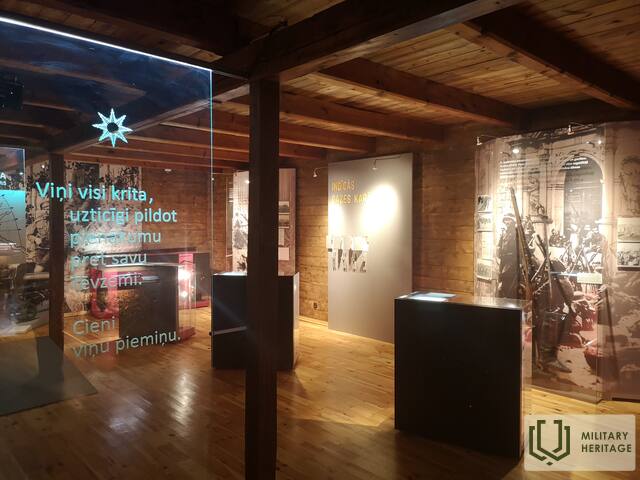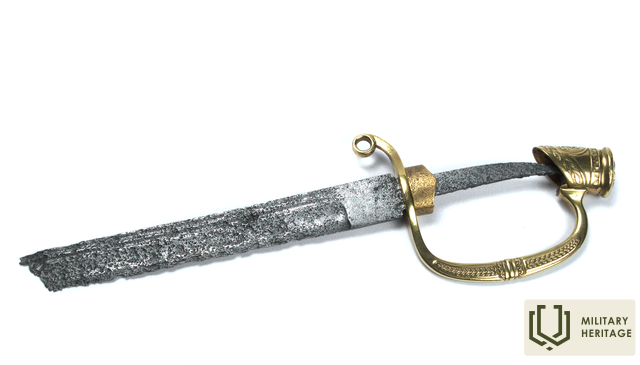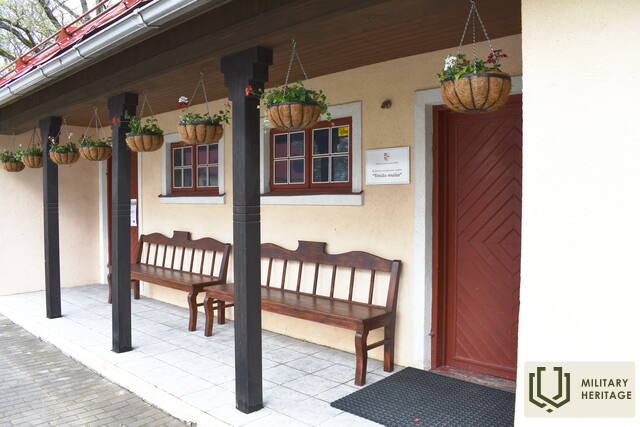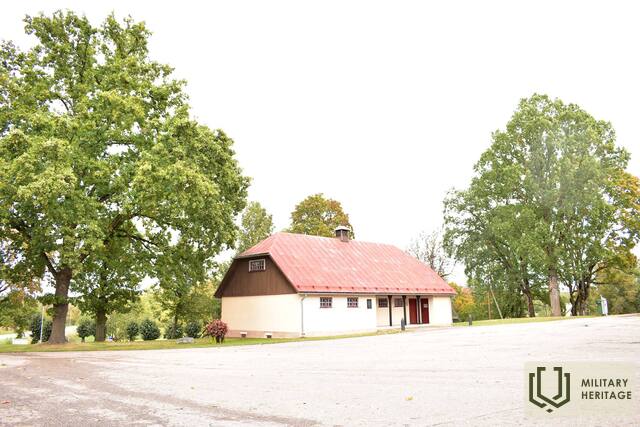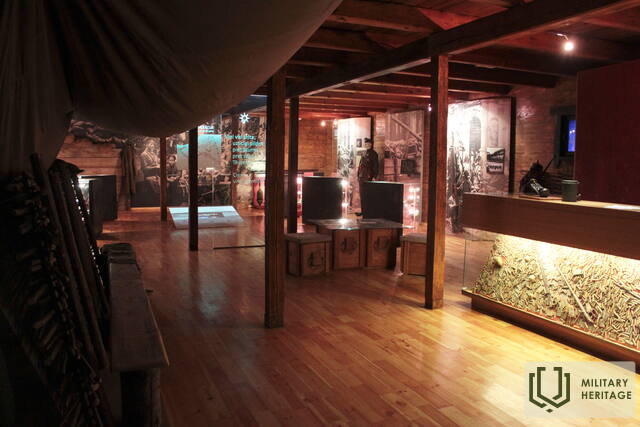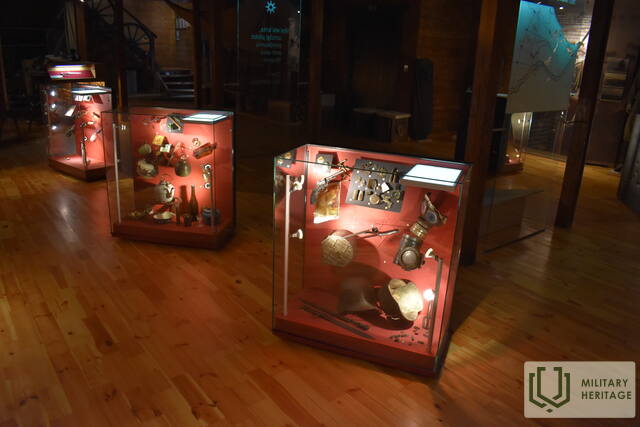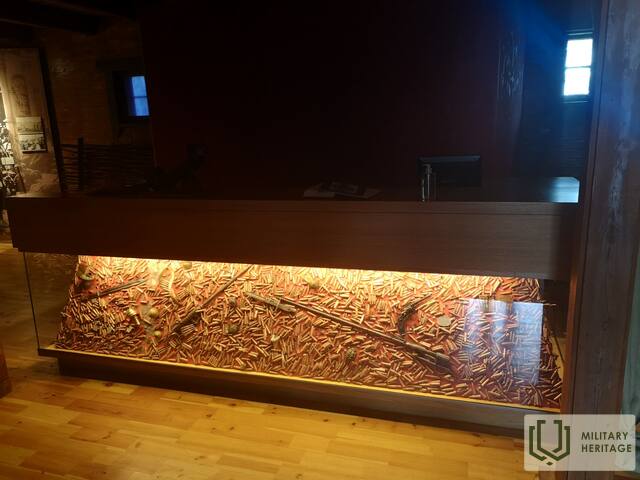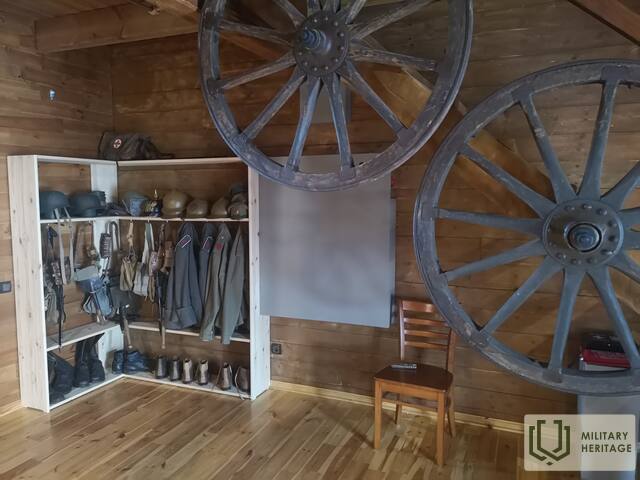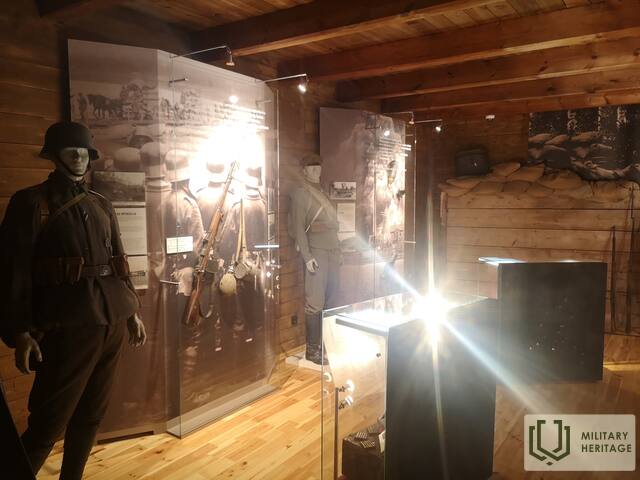Kultūros paveldo centras „Tīnūžų dvaras“ Muziejus

Kultūros paveldo centras „Tīnūžių dvaras“ yra Ogrės savivaldybėje, Tīnūžių kaime, 7 km nuo Ogrės ir Ikškilės miestų. Pirmieji rašytiniai duomenys apie dvarą siekia XVI a. Iki XVIII a. vidurio jis buvo laikomas ekonominiu gamybos vienetu su mažais ir nereikšmingais pastatais. Tačiau laikui bėgant jis išaugo į didelį ūkį. Pirmojo pasaulinio karo metu čia vyko Rusijos ir Vokietijos armijų mūšiai, kuriuose dalyvavo ir Latvijos šauliai. Nepriklausomybės karo metu Tīnūžių dvaras buvo naudojamas kaip Latvijos armijos 1-ojo Valmieros pėstininkų pulko štabas ir šarvuočių aikštelė. 1932 m. dvaras buvo perduotas Latvijos karo invalidų sąjungai, kuri apgyvendino ir rūpinosi karo veteranais. Antrojo pasaulinio karo metu (1943 m.) iš Estijos į Tīnūžių dvarą buvo perkeltas Vokietijos armijos dalinys FAT 212. Tai buvo diversantų dalinys, rengęs karius kovai su Raudonąja armija. Latvijos kareiviai taip pat buvo apmokyti žvalgybos rinkimo, partizaninio karo taktikos ir sabotažo menų. Tīnūžių dvaro pono rūmai buvo sugriauti, kai Raudonoji armija judėjo Rygos link. Šiandien tai vieta su nuostabiu kraštovaizdžiu ir istoriniais pastatais Mažosios Juglos upės pakrantėje. Kultūros paveldo centre „Tīnūžių dvaras“ galima pamatyti ekspozicijas, skirtas istoriniams įvykiams, įskaitant ir tas, kurios susijusios su Latvijos šauliais.
Panaudoti šaltiniai ir literatūra:
Turčinskis, Z. Latgalos diversantai, apmokyti vokiečių Abvero grupės 212 žvalgybos-diversantų mokykloje. Latvijos istorijos instituto žurnalas, Nr. 4, 2004.
Felder, BM „Laukinės katės“ kuopa. SS medžioklės draugija Rytuose ir antisovietinių partizanų pasiruošimas Latvijoje (1944–1945). Knyga: Totalitariniai okupaciniai režimai Latvijoje 1940–1964 m. (Latvijos istorikų komisijos straipsniai, 13 tomas). Ryga: Latvijos istorijos instituto leidykla, 2004.
Lancmanis, I. Kartą seniai ant Liepų kalno. Menas, Nr. 5, 2006
Susijusi laiko juosta
Susijusios temos
Susijusi istorija
Latvijos šaulių kasdienybė Mirties saloje
Memuaruose vaizdžiai aprašomas kareivių kasdienis gyvenimas Mirties saloje.




